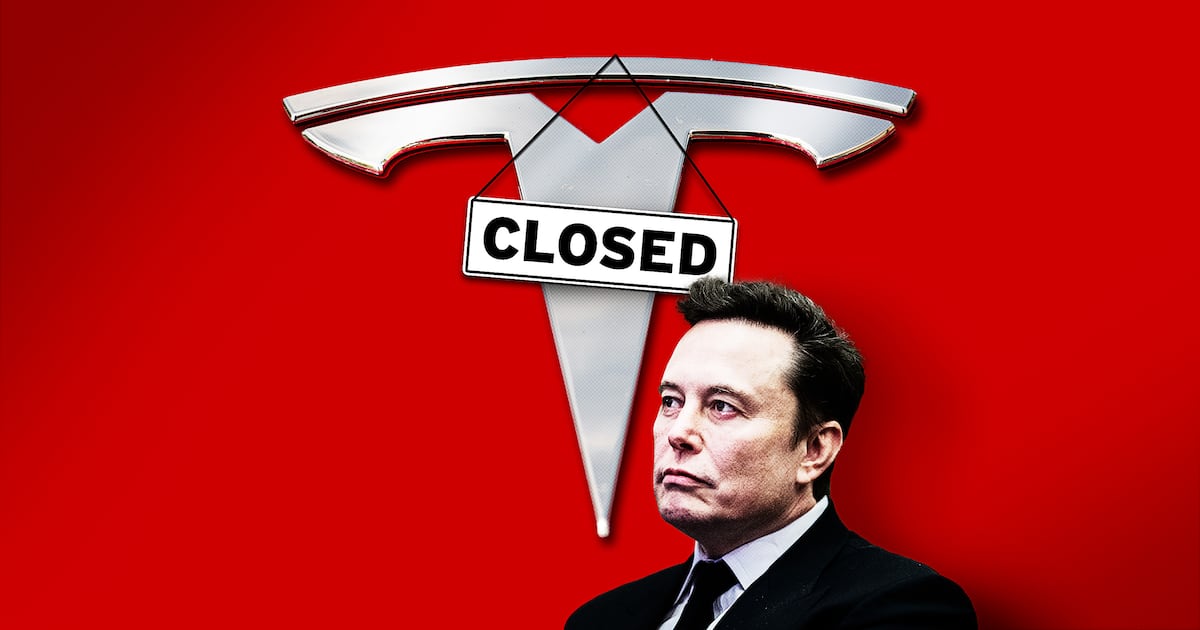Thursday’s confirmation by its chair and CEO, Rupert Murdoch, that News Corp. intends to spin off its 175 newspapers and publishing interests from its much more lucrative pay-TV, entertainment, and movie business, brings to a head two contradictions that have haunted Murdoch’s empire since the day—60 years ago—when he inherited the down-market Adelaide News from his father.
The first is implicit in the name of the $60 billion parent company. Murdoch created News Ltd. in Australia during the 1950s. The company grew massively in the 1970s with the creation of News International in Britain, which, by the late ’80s, was providing hundreds of millions of dollars in profit per year and financing the move to the U.S. (especially the purchase of the Metromedia group of TV stations, which became the basis of the Fox network) and the creation of News Corp.
“News” has apparently been the one consistent theme in the rise of the world’s second-biggest media conglomerate over the last half century. But a growing proportion of its income has come from movies, pay-TV, sports, cable, and satellite interests. In the last eight months of the fiscal year, only 10 percent of the company’s profits have come from publishing. As for the “news arm,” the profits are even more grim: holdings include the New York Post, The Wall Street Journal, The Australian and The Times, all of which make annual losses and always have.
The small news company will be worth somewhere between $2 billion and $5 billion, while the giant pay-TV, cable, and broadcasting arm will be worth around $50 billion. What will it be called? Entertainment Corp.?
For all the eulogies about Rupert Murdoch being the “last great newspaperman,” the truth is that the “man who owned the news” always had a canny eye for non-news values and outlets. In the early ’60s, Murdoch was buying in and out of Australian TV networks, just as his father had acquired radio stations before World War II. Murdoch’s move to Britain with the purchase of the now shuttered News of the World and The Sun in 1969 was accompanied by an abortive attempt to gain a controlling interest in the London Weekend Television, one of the prime commercial TV stations of the time. When acquiring the Times Newspaper Group, Murdoch bought up the satellite broadcaster that would become the basis of BSkyB.
The media mogul is thus one of the pioneers of the concept of “infotainment.” Back in 1983, when challenged about why his once prestigious Sunday Times had fallen for the hoax of some forged diaries of Adolf Hitler, Murdoch famously responded, “After all, we are in the entertainment business.”
With the news and the entertainment businesses about to be radically split from each other, another contradiction in the Murdoch project has been exposed. Just as he inherited a (small) part of Keith Murdoch’s extensive Australian newspaper interests in the ’50s, Rupert Murdoch has tried to engineer a dynastic succession at News Corp.

But that plan has not gone over so successfully. Rupert’s oldest son, Lachlan, retreated from News Corp. headquarters in 2005 after clashing with senior executives, particularly Fox News network chief Roger Ailes. James Murdoch was next in line as the heir apparent, but has lately been caught up in the revelations around the phone-hacking scandal, allegedly having failed to spot that it wasn’t a problem with one “rogue reporter.” James’s claim to the crown foundered when his plan for the complete takeover of BSkyB and the creation a “digital hub” around the combined publishing and broadcasting interests in Britain came crashing to the ground last summer. James resigned from the board of News International and from the chair of BSkyB.
Despite rumors to the contrary, Murdoch conceded on Thursday and said it would be very unlikely that Lachlan would take over the running of the hived-off publishing arm. James was not even mentioned. For all intents and purposes, the dynastic succession is over and with it any guarantee that the corporation will remain a Murdoch-controlled organization in the future.
With the news leaving News Corp., the day it will not be run by a Murdoch comes closer and closer.





